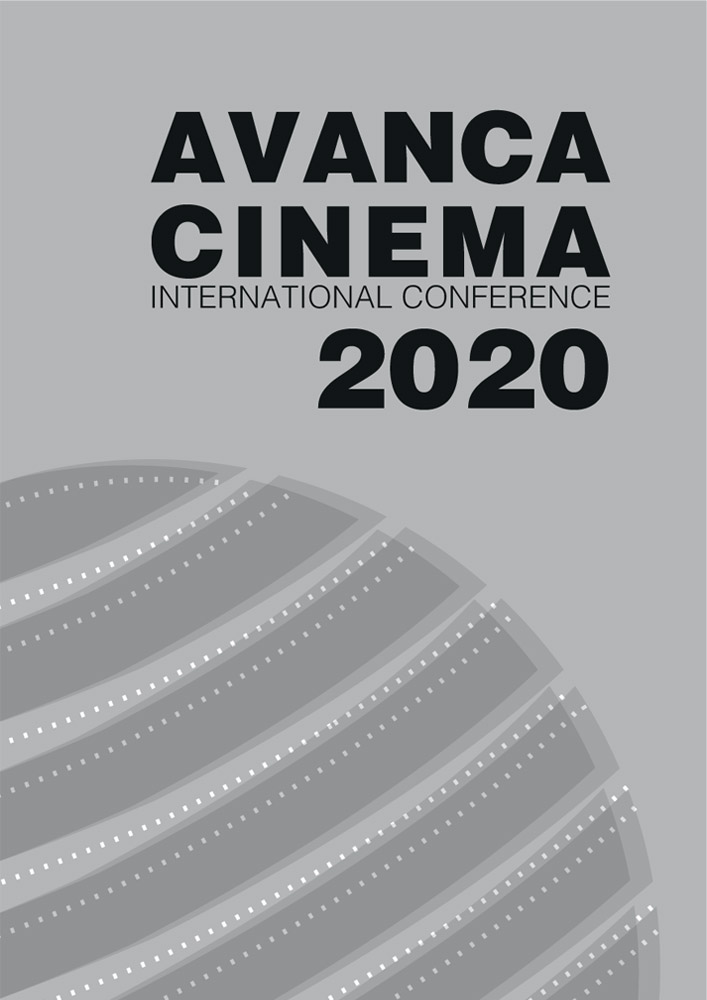Capítulo II _ Cinema - Cinema
Etnografia de tela e semiopragmática: um diálogo entre metodologias de análise fílmica.
Resumo
The “screen ethnography” is a proposal of analysis presented by the brazilian researcher Carmen Rial (2004) based on studies in the field of anthropology and has as its starting point the changes promoted by the poststructuralist bias in the field of humanities studies, such as decolonial theories, queer theory, and many others. Its methodology proposes the application of proper procedures of anthropological research - such as the researcher’s long immersion in the field, systematic observation, field notebook registration, etc. - as a method resource in the study of media productions, including cinema. The “semio-pragmatic” is an analytical model proposed by french researcher Roger Odin (2000) inspired by the contributions of semiology/semiotics to film analysis - a structuralist method - associated with a pragmatic perspective in such way the film’ narrative is considered according to conditions available the context of its reception. As a point of convergence, the two methodological proposals emphasize the importance of context in the analytical process of films. While screen ethnography considers the context of research as relevant information to conduct filmic analysis, semio-pragmatics emphasizes the context of reception in which the viewer is inserted at the moment of exhibition. By providing a synthesis of the main characteristics and strategies of each methodological proposal, our aim in this presentation is to contribute to a reflection on the modes of context appropriation in the film analysis process and its implications that each methodological choice has on the final result of the analysis.

Este trabalho encontra-se publicado com a Licença Internacional Creative Commons Atribuição 4.0.

